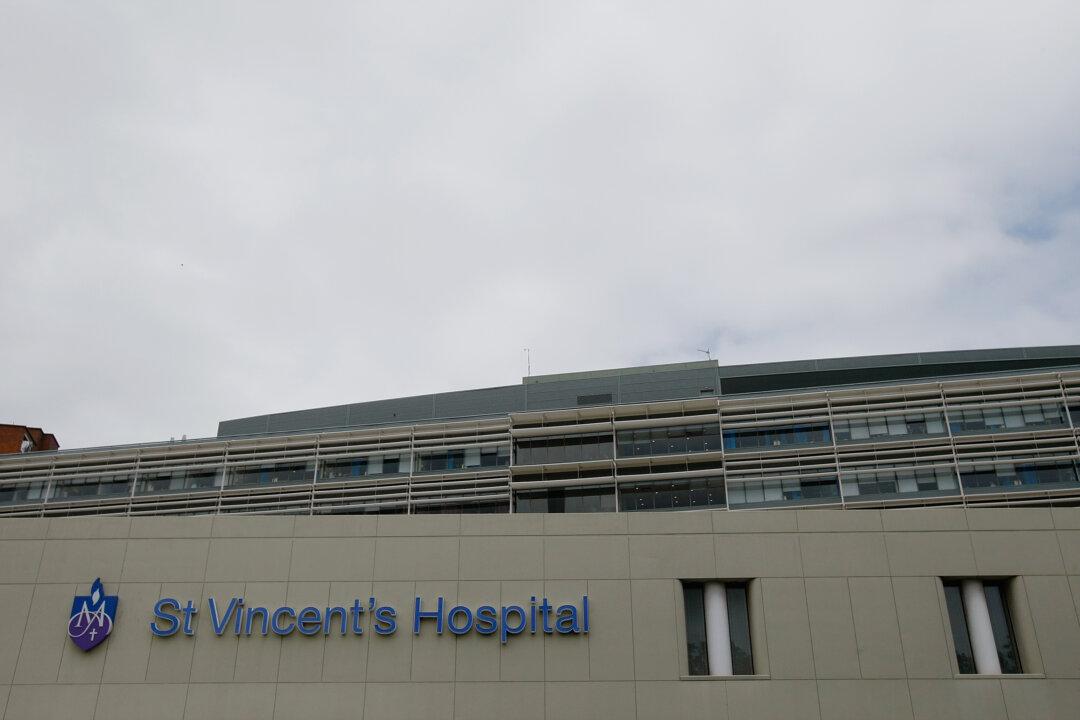Australia’s largest not-for-profit health and aged care network has confirmed that it was unlikely hackers had stolen patients’ sensitive information following a data breach in December 2023.
On Jan. 25, St Vincent’s Health Australia announced the result of a month-long forensic investigation into the hack.





